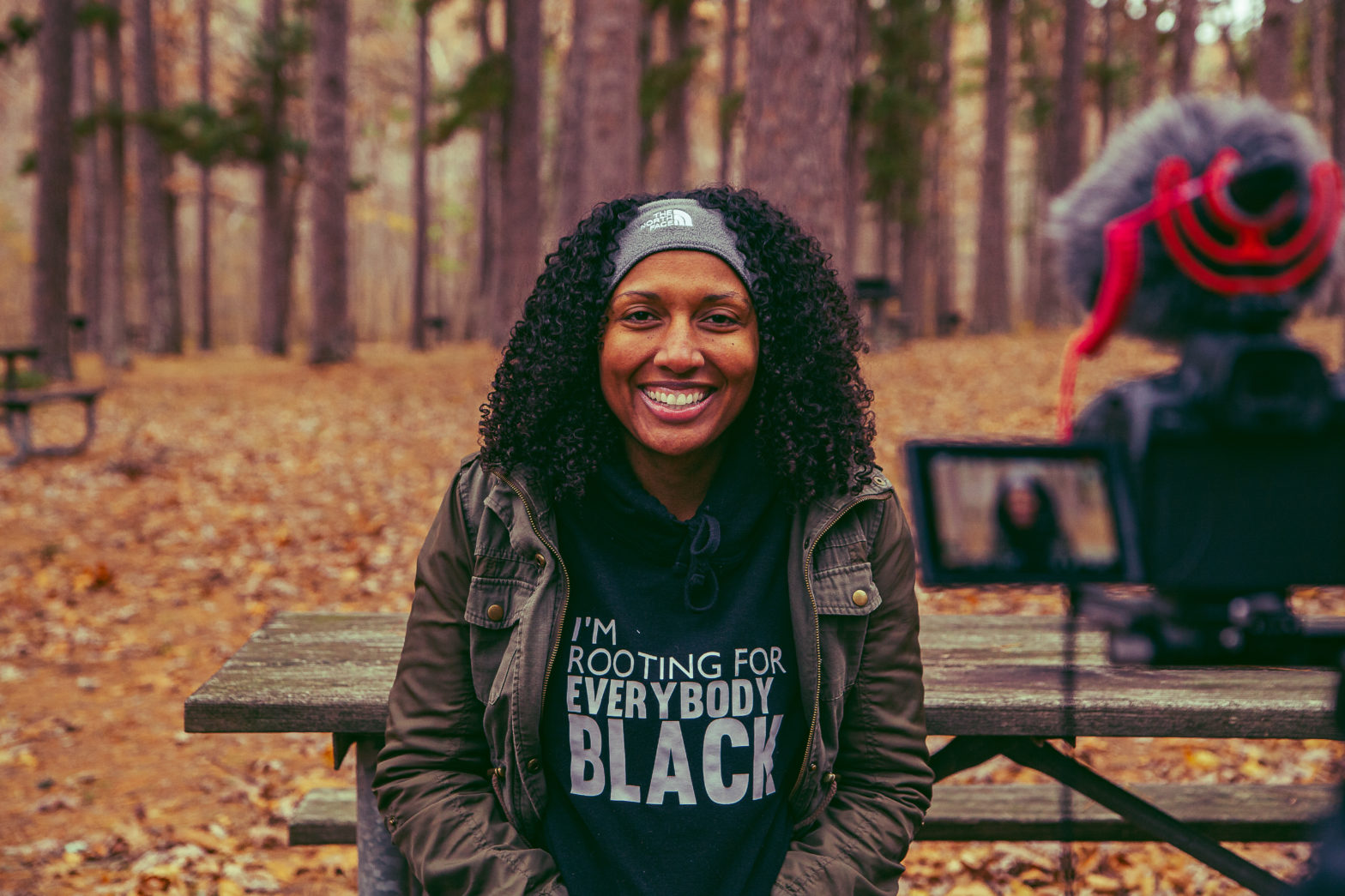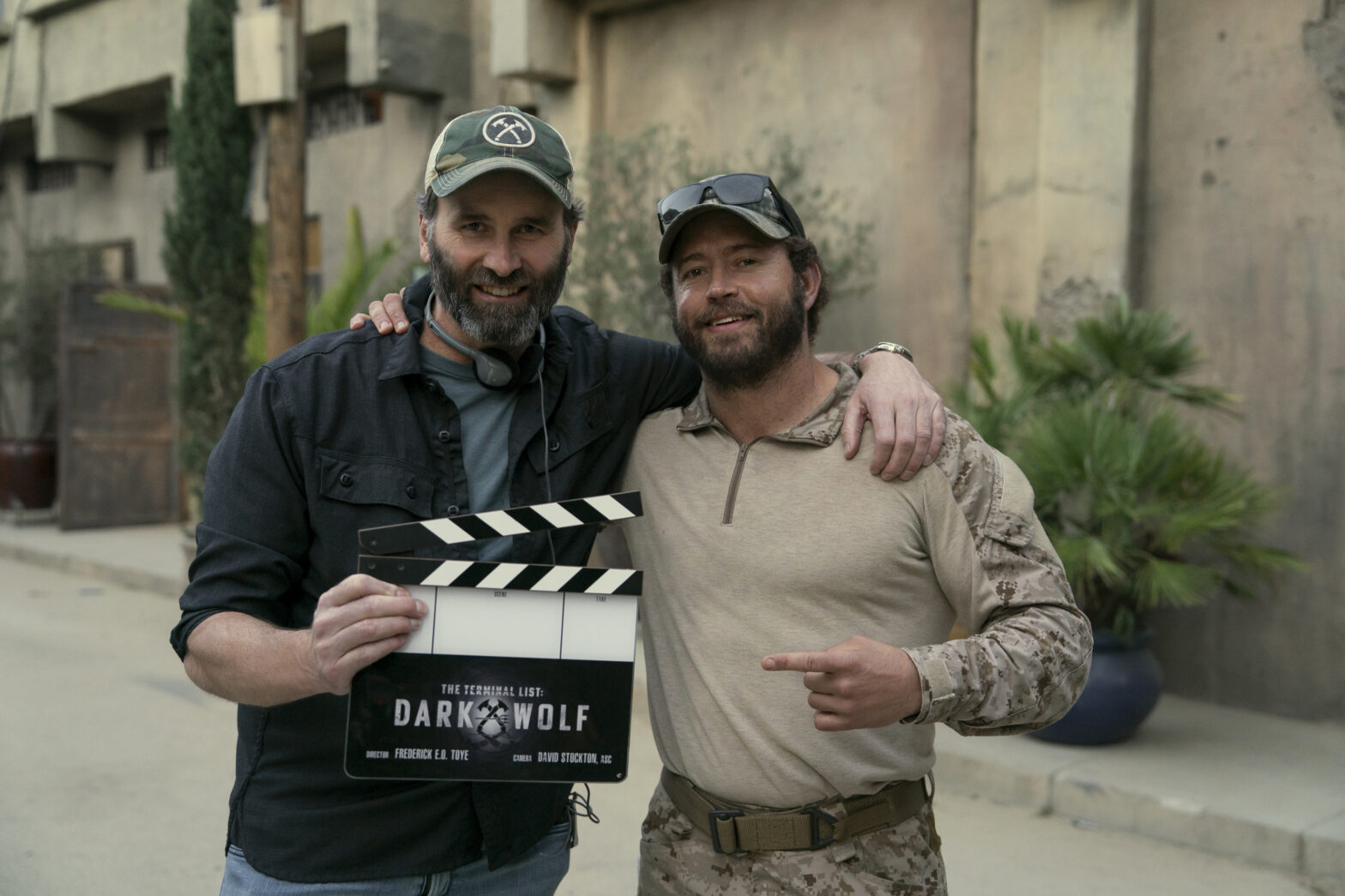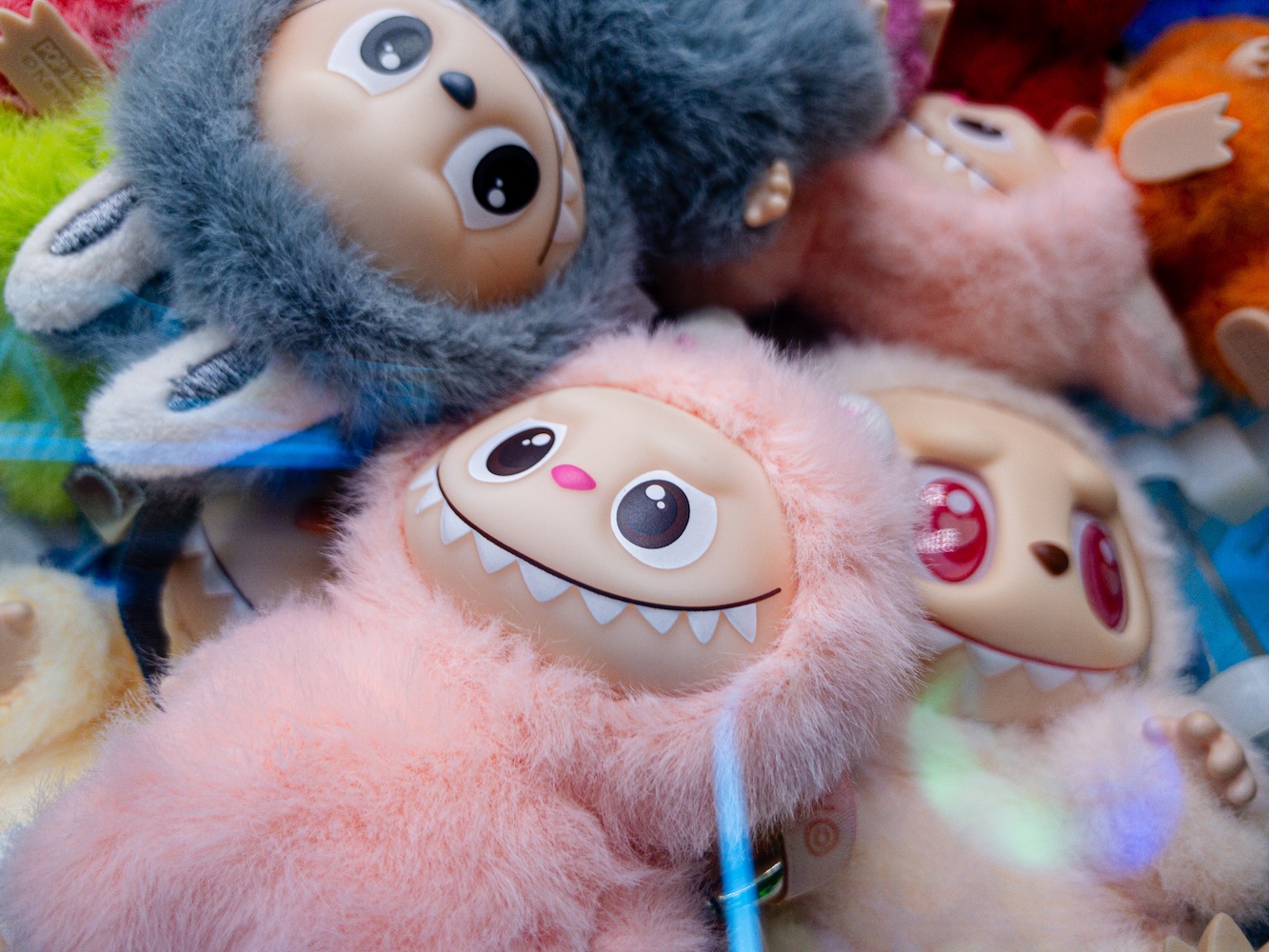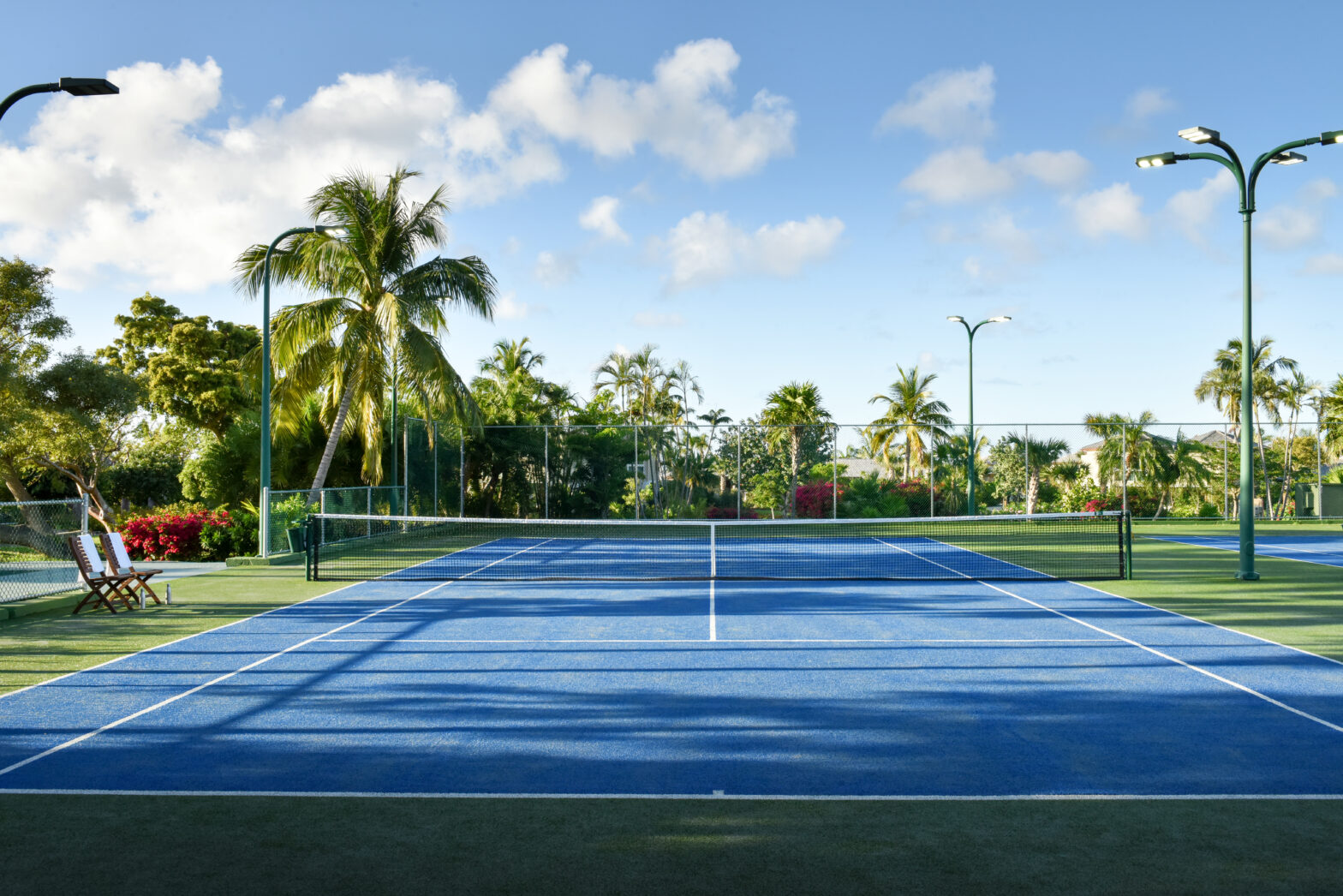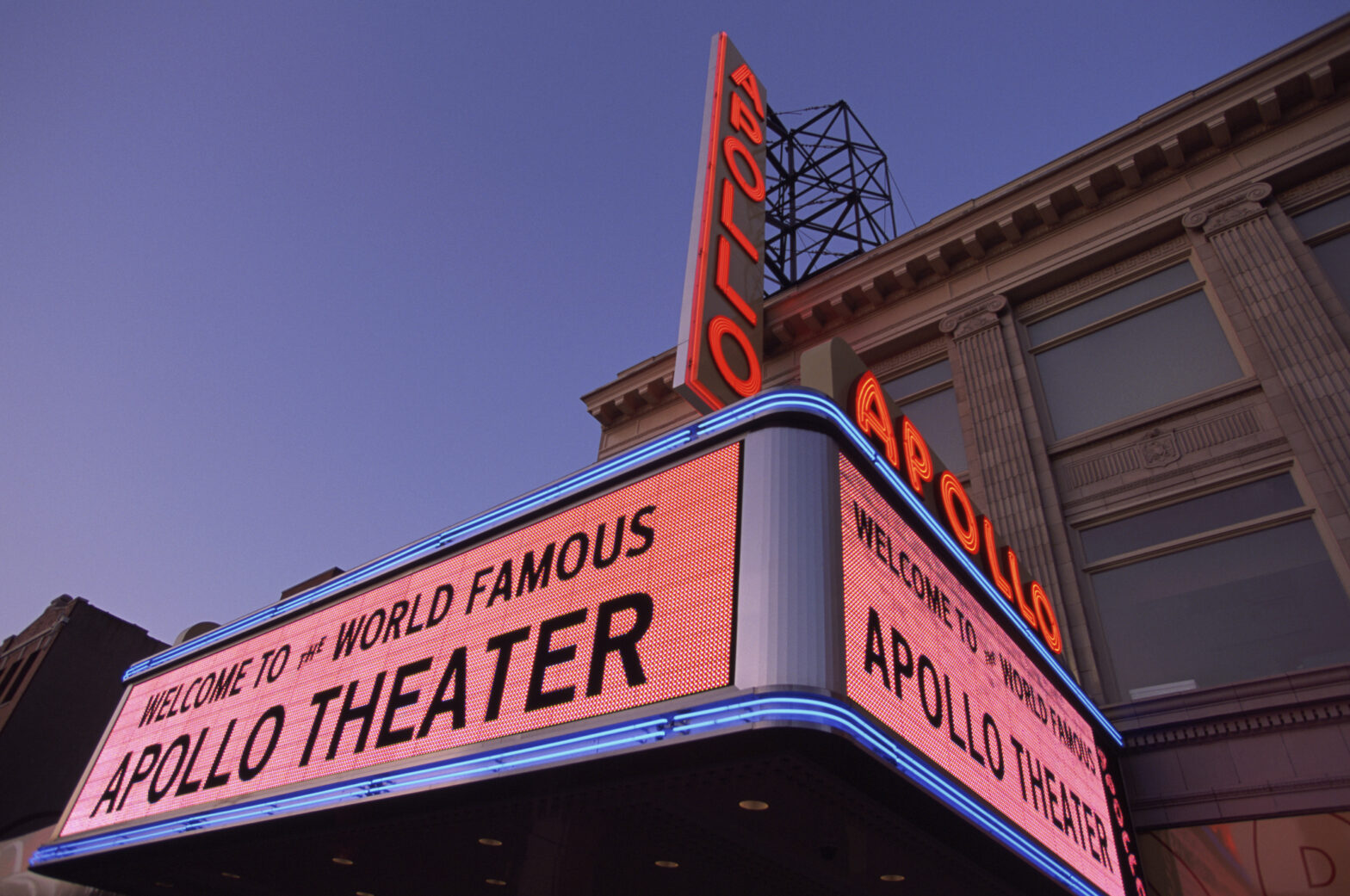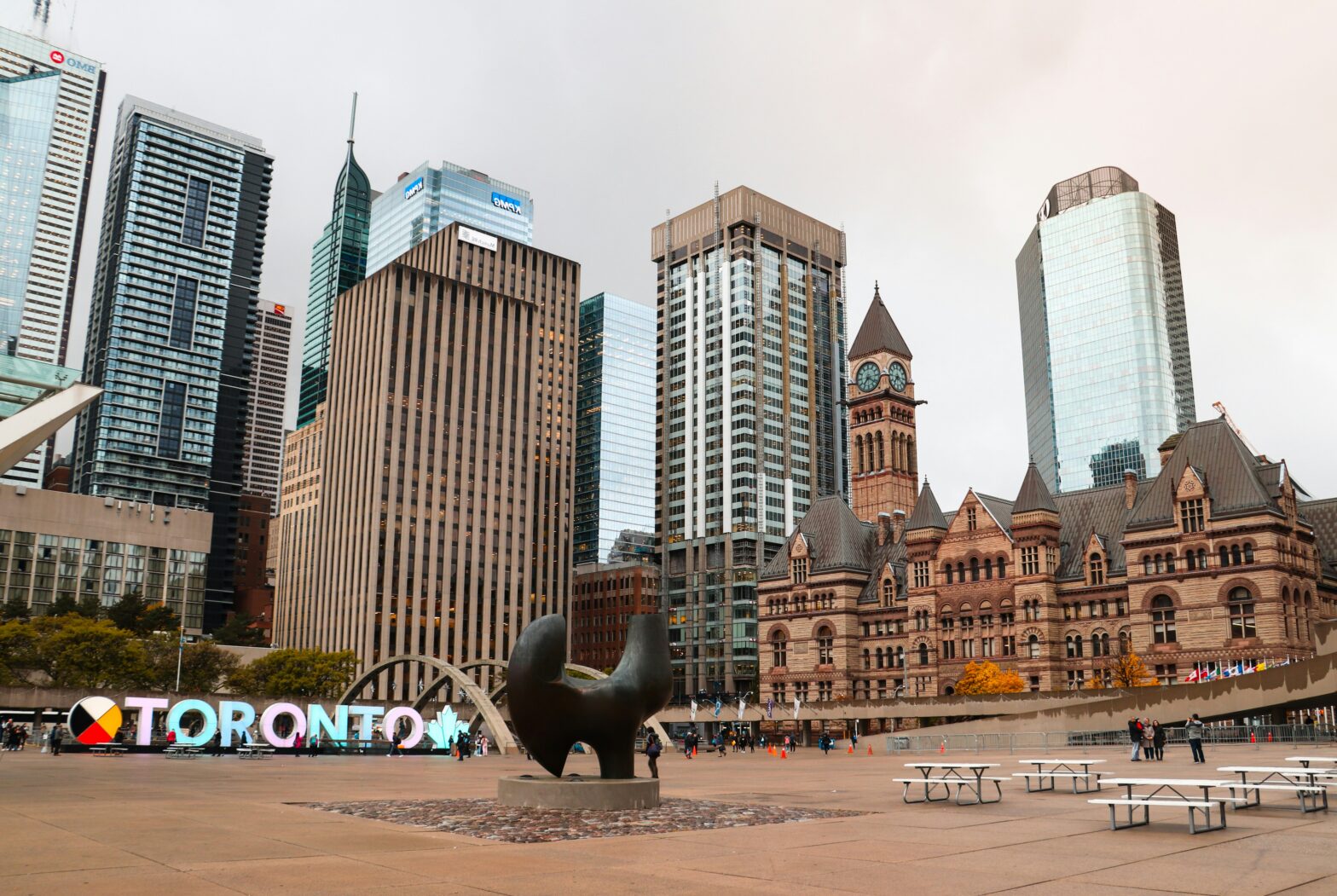When Travel Noire asked Debbie Njai her thoughts on the great outdoors, she pointed out that they haven’t always been so great for Black people in the United States. The same can be said for swimming pools, certain beaches and state parks, which were off limits to Black Americans due to segregation, and this could explain why some have a fear of water or struggle to swim.
As the founder of Black People Who Hike (BPWH), which is based in St. Louis, Njai hopes to pen a new narrative and strives to make the great outdoors more inclusive.
The #wehiketoo hashtag is a rallying cry to get Black people interested in nature and assert themselves in a world that has historically excluded them.
“Black People Who Hike is not just about creating a safe, welcoming space for Black people, but changing the narrative, and showing our community that this space is for us,” Njai told Travel Noire. “Black people were not allowed in most parks, public lands and campsites until desegregation in the 1950s. With desegregation still came safety fears, and acts of violence and threats were present. So unfortunately, while other communities were passed down generational health, the Black community was passed down a generational fear of the outdoors.”
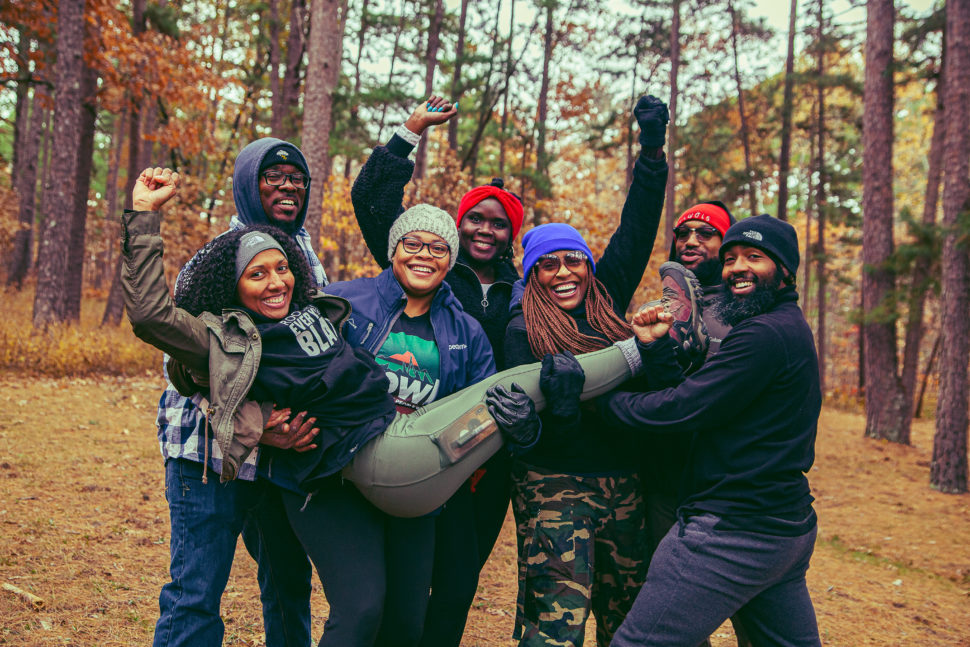
Combating systemic barriers and years of trauma is daunting, and it can take a toll on the health of Black people. Exercise is but one way to work through the challenge, and BPWH notes that “spending time in nature has been associated with lower levels of stress, anxiety, depression and high blood pressure,” among others. Several of these have dealt a hammer blow to Black Americans, especially hypertension.
According to The American Heart Foundation, “55% of Black adults have high blood pressure; among the highest in the world.” The foundation attributes this statistic to “historical and systemic factors, including lack of access to care, lack of access to healthy foods and other societal issues.”
Njai likes journeying outside her comfort zone and has done her fair share of traveling; counting Dubai, Egypt, South Africa, Peru and Costa Rica as her top five destinations. Honoring nature’s healing properties has been her saving grace, and she shares that enthusiasm with others.
“I was first introduced to hiking at a very low point in my life,” she said. “I was stressed, depressed and battling a ton of anxiety. Hiking transformed my life because I was able to recharge not just physically, but mentally. I started hiking every Sunday. Each week I gained clarity and peace of mind. My relationship with the outdoors allowed me to find myself and unapologetically be myself. I look at nature as free therapy, and our community deserves to heal.”
By starting BPWH, Njai struck a goldmine, and the hiking excursions, which sometimes include yoga, kayaking and other activities, help foster community in a beautiful way.
“When I first started, I had new people joining every week,” she said. “About 30 minutes into our hike, everyone had the same ‘ah-ha!’ moment that catalyzed a natural high that would last for days. I knew being out in nature felt good, but when I learned what it was really doing to our bodies, both mentally and physically, that is when I knew the work that I was doing was vital to the health of our community.”
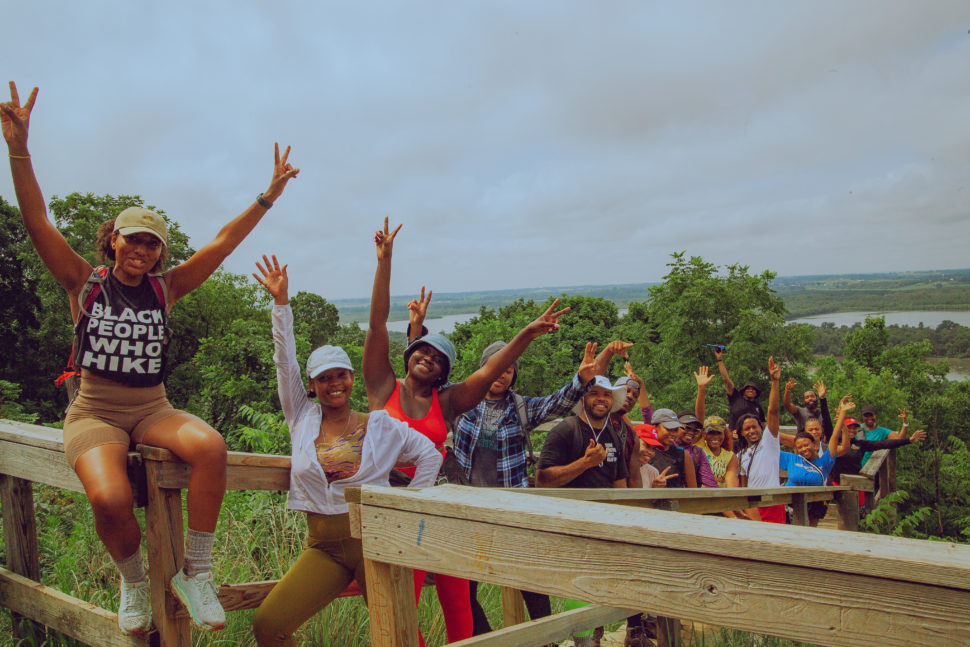
While there’s nothing wrong with running on a treadmill to get a good sweat, exploring the outdoors offers a kind of catharsis no gym can replicate.
“Seeing people rejuvenate themselves inspired me to look into forest bathing,” Njai explained. “In Japan, shinrin-yoku is a practice where doctors prescribe spending time outside in nature to heal. There’s science that demonstrates trees provide aromatherapy for people because of the organic compounds they emit called phytoncides. These essential tree oils have medicinal properties that can help boost our immune systems.”
If you participate in a BPWH event, rest assured you won’t be bored, as no two hikes are the same. Last year, the Colors Hike honored the arrival of fall. The Zombie Hike was in the spirit of Halloween. There have also been events like We Kayak Too, which took place at the Big River in Washington State Park. This excursion gave participants the choice to kayak 3 or 7 miles, and everyone was provided a life vest, kayak and paddle. Free transportation was arranged for those who didn’t have the means to get to the park.
Recently, BPWH was awarded a grant of $120,000 from the National Park Foundation’s Park Ventures program. With warmer temperatures on the horizon, BPWH plans to kick it up several notches with a tour of the nation’s national parks.
“Starting in early summer, we will be hosting events in Acadia National Park in Maine, Great Sand Dunes National Park and Preserve in Colorado, Hawaii Volcanoes National Park, Yellowstone National Park in Wyoming and Yosemite National Park in California,” Njai said. “The tour will be an immersive experience featuring hiking, relevant cultural BIPOC history, and other wellness activities designed to empower, educate and reengage our community to our national parks.”
Donations to BPWH can be made via the website, and they serve three purposes. First, “they help dismantle barriers that have historically limited Black people’s access to the outdoors.” Second, they endow Black people with the resources needed to make the most of their time outdoors in a safe and responsible way. And lastly, they help BPWH “fulfill its vision of building generational health for Black people through the outdoors.”
“We are working to reduce barriers to entry and increase representation of Black people in our national parks,” Njai said. “The opportunity for us to host a National Park tour this year will be a major catalyst for achieving that vision.”
If you’re interested in adding some hiking to your domestic travels, follow BPWH on Instagram @blackpeoplewhohike or Njai herself @debbienjai.
